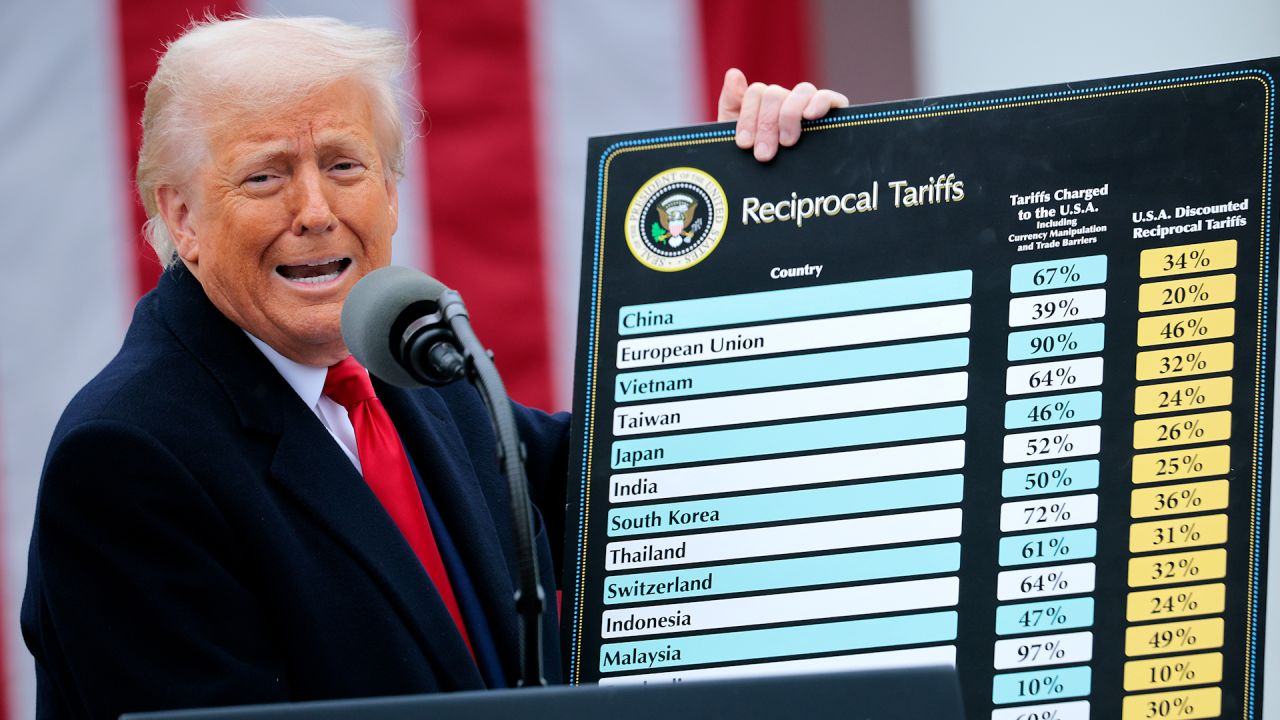
The Limits of Trump's Trade Dealmaking
On April 2, the day President Trump heralded as "Liberation Day," he claimed that trade policy was finally shifting in favor of American workers. His approach to tariffs was rooted in a concept of reciprocity—essentially, an eye for an eye in international trade. However, as recent events show, the transformation he promised is far more complicated than he anticipated.
Initial Hopes vs. Current Realities
Three months after the dramatic proclamations, the Trump administration is beginning to acknowledge that its ambitious trade agenda is struggling under the weight of unrealistic expectations. The latest example of this came with the postponement of tariffs set for early July. Intended as a maneuver to pressure global partners, this delay has revealed significant challenges within the U.S. negotiating team as they grapple with competing interests from nations around the world.
Now, equity markets are still adjusting to the uncertainties surrounding these international negotiations. U.S. stock futures rose slightly, buoyed by optimism about the ongoing discussions, albeit against a backdrop of muted global market responses. Experts continue to analyze the situation, noting that while some tentative agreements with countries such as India and those in the European Union are in progress, substantive breakthroughs remain elusive.
Understanding Trade Dynamics
Trade negotiations are notoriously complex. They involve multiple stakeholders who each bring their own set of priorities and concerns to the table. Kelly Ann Shaw, a trade adviser during the Trump administration, remarked that the end of any negotiation is often messy, especially when dealing with competing nations simultaneously.
Implications for Michigan Businesses
For business owners and entrepreneurs in Michigan, especially in Detroit, these macroeconomic developments can have local ramifications. The ongoing tariff discussions and the evolving dynamics of international trade influence the Metro Detroit economy significantly. Companies engaged in import and export may experience shifts in pricing, which can affect profitability and decision-making.
Moreover, industries reliant on foreign supply chains should remain vigilant as the trade landscape continues to shift. With potential fluctuations in Detroit commercial real estate and market trends, businesses might consider strategic pivots to adapt rapidly to new conditions. Understanding these shifts is crucial for maintaining competitive advantage and fostering sustainable growth amidst uncertainty.
Future Predictions and Trends
Looking ahead, as negotiations inch forward, experts predict that an increasing number of agreements will eventually lower tariffs, benefiting businesses in sectors ranging from manufacturing to retail. For Michigan’s small business community, this could bolster Michigan small business growth as operational costs decrease, along with opportunities for expansion into emerging markets.
Downloadable Insights and Tools
In light of ongoing negotiations, it would be advantageous for Michigan business leaders to focus on available resources designed to aid in navigating these changes. From local Detroit business grants to investment opportunities in technology and innovation, being informed about available tools can empower businesses to make more effective strategies as the economic landscape evolves.
Engaging with the Community
To further strengthen the local economy, Michigan business owners should consider active participation in Michigan business networking events. Engaging with peers can foster collaborations that yield innovative solutions and new market entry strategies tailored to the current economic environment.
Concluding Thoughts
The latest tariff pause not only underscores the complexities of international negotiations but also serves as a reminder to local businesses of the importance of adaptability and resilience. Keeping a keen eye on the unfolding trade scenarios can help Michigan’s entrepreneurial landscape thrive. As we watch these developments, engaging actively with community resources and adapting to changes will be key to realizing growth opportunities in this evolving market.
Now is the time for business owners to stay informed and engaged. Investigate how the ongoing trade discussions may influence your sector and consider leveraging local resources to bolster your company’s success amid these economic changes.
 Add Row
Add Row  Add
Add 



 Add Row
Add Row  Add
Add 
Write A Comment